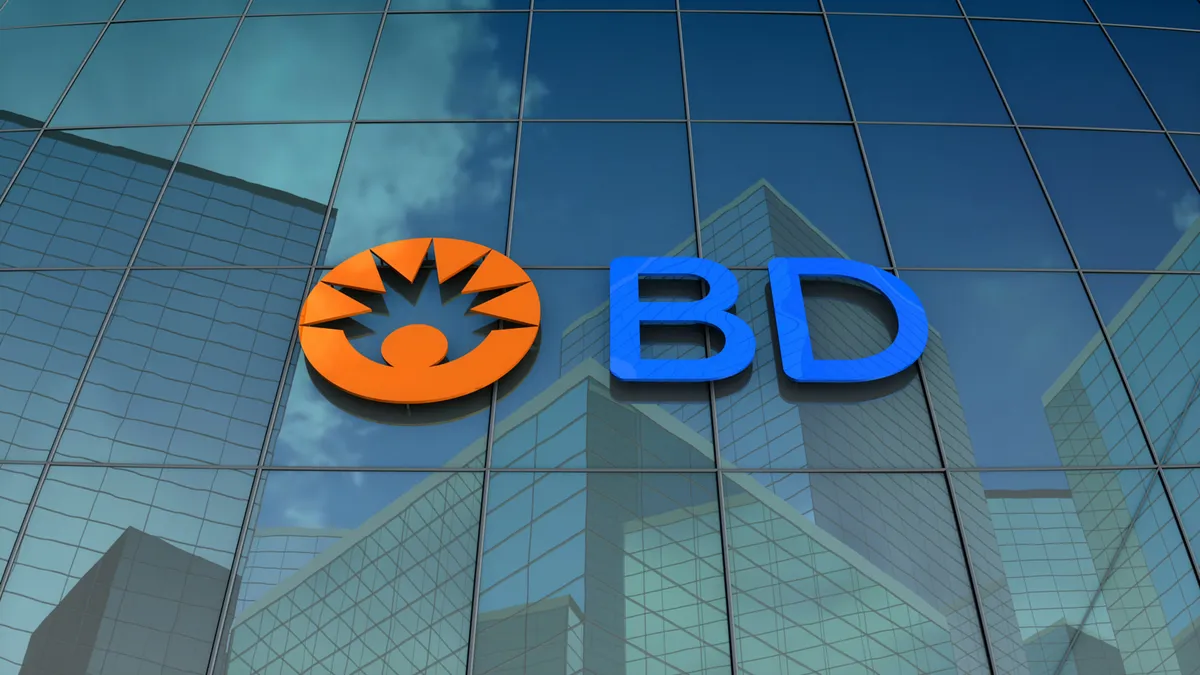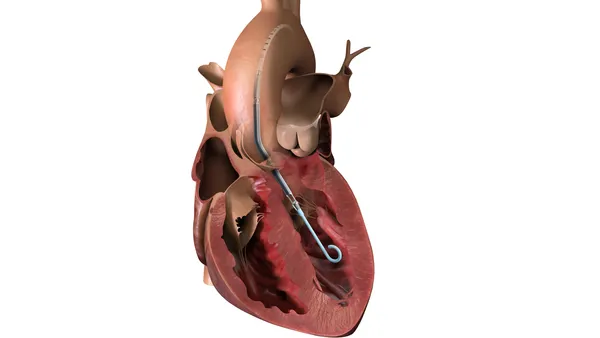Dive Brief:
- BD is investing more than $35 million to expand production of prefilled flush syringes at a facility in Columbus, Nebraska, the company said Monday.
- The investment will add around 50 jobs at the site and equip BD to make hundreds of millions of additional units a year to meet growing demand from U.S. hospitals and health systems.
- BD framed the spending as part of an ongoing commitment to its Posiflush line, which has seen it invest more than $80 million to expand production of the syringes over the past three years.
Dive Insight:
Healthcare professionals use flush syringes to stop vascular access systems from becoming blocked and to help remove medication that is left at the catheter site. The resilience of the industry’s supply chain came under scrutiny when Cardinal Health’s 2021 recall of Monoject devices led to a shortage that persisted in 2023 and drove the FDA to share strategies for conserving the devices.
Against that backdrop, BD has increased its U.S. Posiflush production capacity. The company said it has grown capacity by 10% this year, bringing its total U.S. output of the prefilled flush syringes to above 750 million units.
Last year, BD added new needle and syringe production lines at plants in Connecticut and Nebraska as part of a more than $10 million investment. The latest investment comes three months after BD said it would invest $2.5 billion in U.S. manufacturing over the next five years.
This week’s $35 million commitment is part of a series of vows by companies to invest in manufacturing in the U.S. amid the threat and imposition of tariffs. Yet BD has warned that tariffs are actually causing it to relocate some production from the Nebraska plant to overseas facilities.
BD CEO Tom Polen explained how tariffs are moving some production out of the U.S. at an event hosted by Goldman Sachs in June.
“Historically our flush syringes always came out of Columbus, Nebraska, and we would ship those to China. We have a facility now in China that’s going to source just for China for that,” Polen said. “I think there’s more downside to tariff impacts from a U.S. manufacturing perspective in the medtech industry than there are in many others.”












